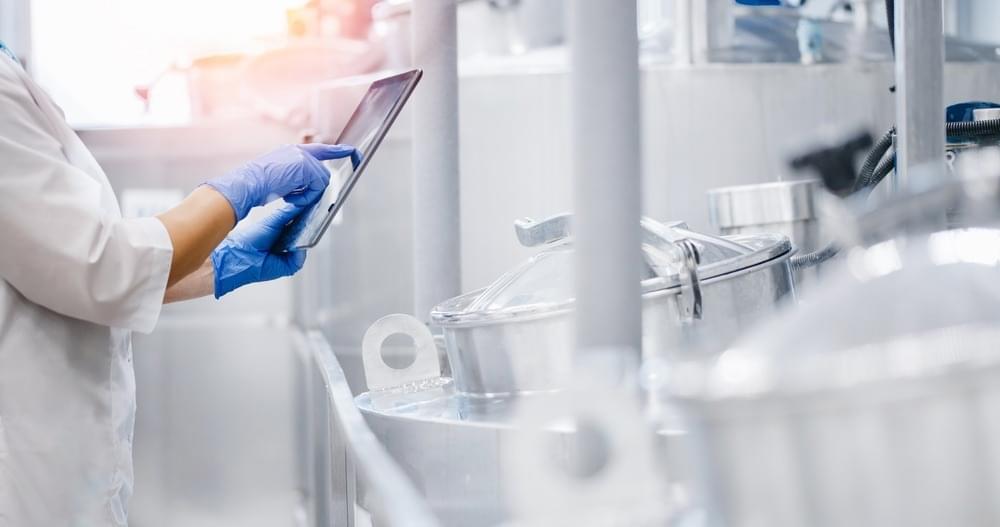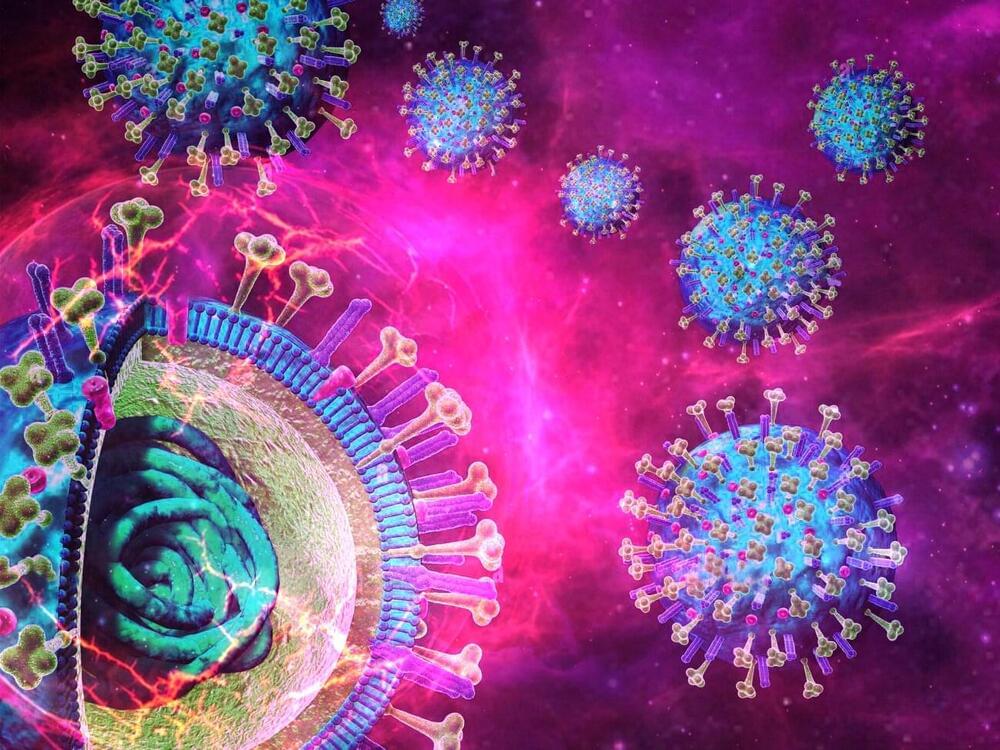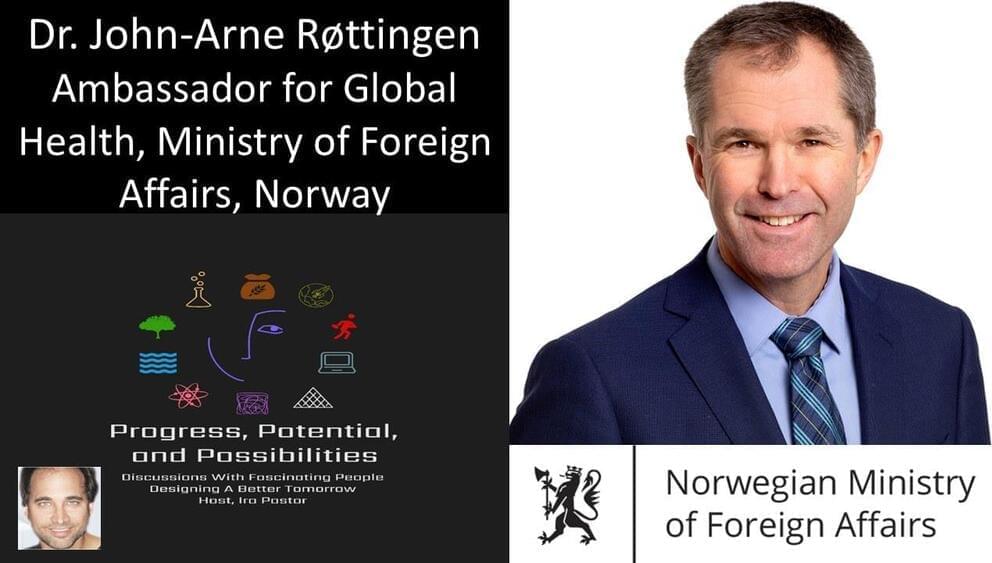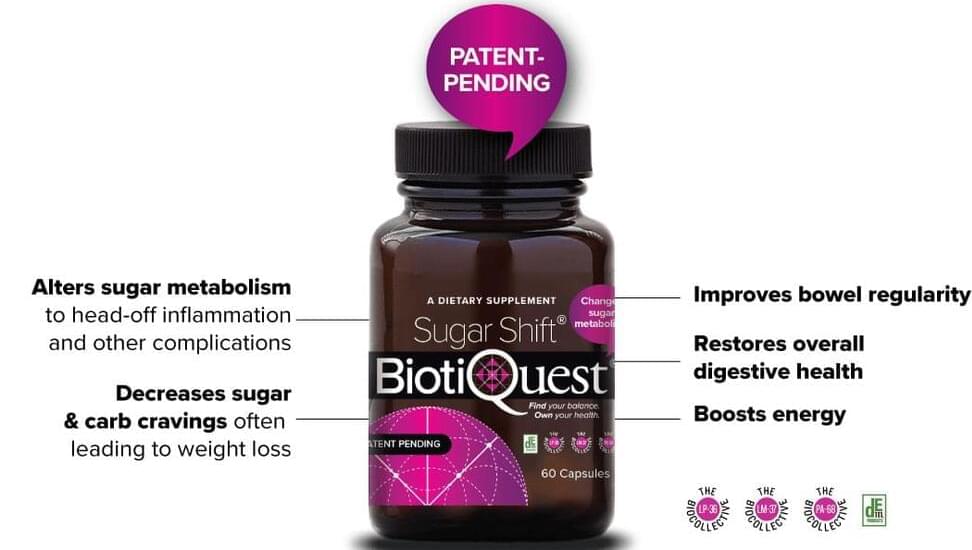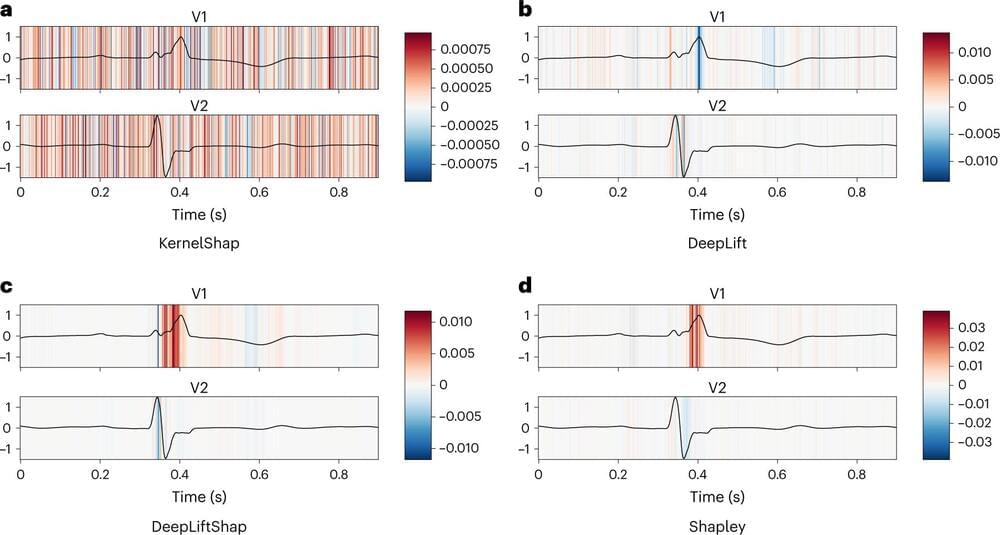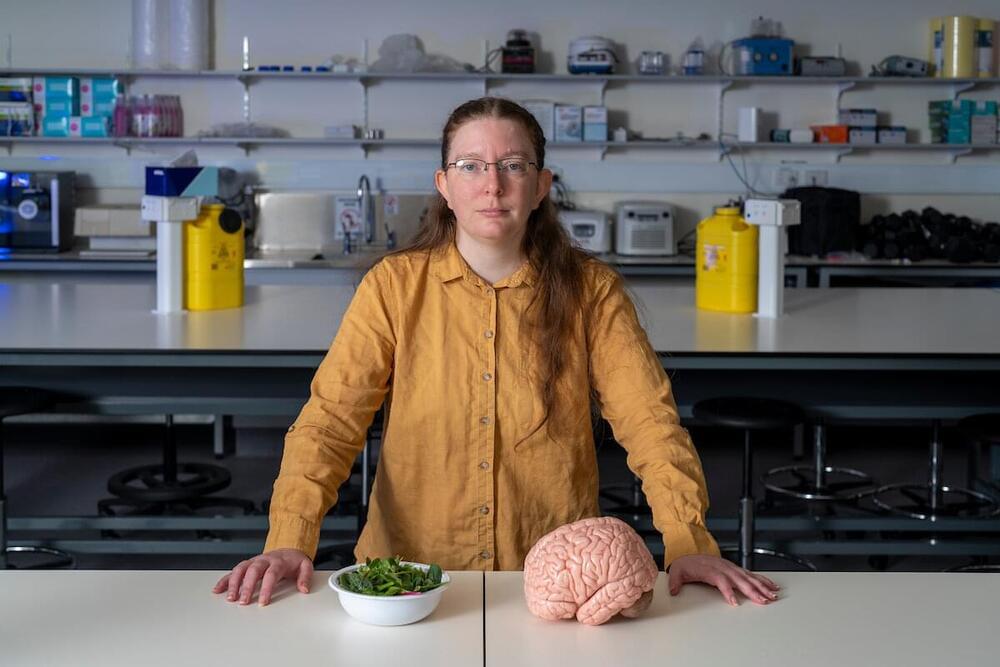
Your circadian rhythm doesn’t just govern your sleeping schedule; it can also impact cancer development, diagnosis, and treatment. In a review paper published in the journal Trends in Cell Biology, researchers discuss the role of circadian rhythms in tumor progression and spread and describe how we could better time when patients are tested for cancer and when they receive therapies to improve diagnostic accuracy and improve treatment success.
“The circadian rhythm governs most of the cellular functions implicated in cancer progression, and therefore its exploitation opens new promising directions in the fight against metastasis,” write the authors, molecular oncologists Zoi Diamantopoulou, Ana Gvozdenovic, and Nicola Aceto from the ETH Zurich in Switzerland.
Our circadian rhythms help our bodies synchronize different tasks throughout the day, including gene expression, immune function, and cell repair. We’ve long known that chronically disrupted circadian rhythms—as a result of erratic sleep patterns, jet lag, or shift work, for example—can predispose us to a number of health issues, including cancer. More recent work has shown that circadian rhythms are not only involved in tumor onset, but also govern cancer progression and metastasis, the colonization of secondary sites within the body.
